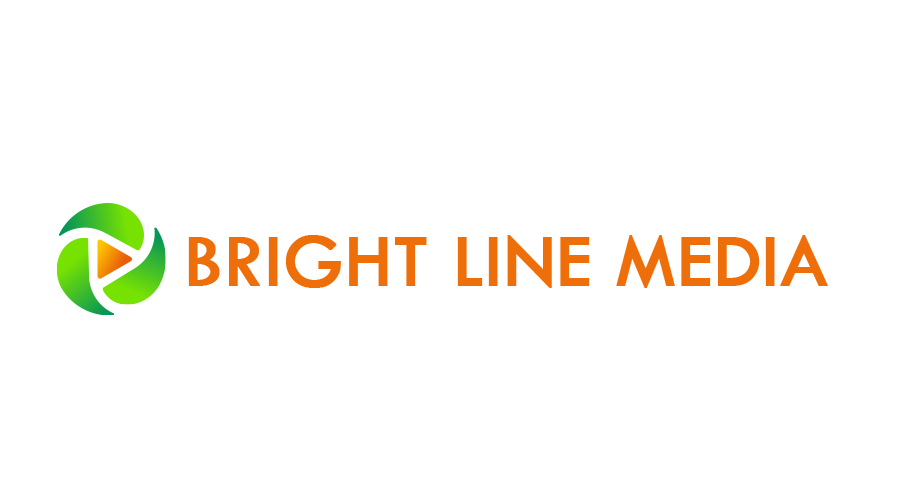Key Takeaways
- Legal support plays a vital role in the daily decision-making process for individuals and families.
- Knowing your rights helps prevent avoidable conflicts and fosters confidence.
- Access to reliable legal information assists with issues ranging from employment to housing.
- Recent increases in demand for civil legal assistance demonstrate its importance across communities.
- Community resources and technology are helping more people get the advice they need.
- Proactive legal guidance can reduce stress and save money in the long run.
Common Legal Questions in Daily Life
Everyday situations often bring up legal questions that, if left unaddressed, can impact the stability and security of individuals and families. Topics such as landlord-tenant relationships, consumer protection, family law, and workplace rights arise more frequently than many expect. In cities and smaller communities alike, those facing a DWI Cape May County, a neighbor dispute, or challenges with a business contract can benefit from timely legal advice. When people proactively seek answers, they prevent minor misunderstandings from becoming costly disputes. Studies show that legal issues affect most households annually, but fewer than half seek professional help. Knowing when to ask for help and how the law applies is crucial to protect your rights. Simple questions—like signing a lease, responding to a legal notice, or contesting an unfair bill—highlight the importance of access to resources.
Why Legal Support Matters for Individuals
Legal advice is not just for crises or major lawsuits; it is a tool for everyday empowerment. Access to reliable guidance enables people to make informed choices before problems escalate. With support, individuals can confidently interpret employment agreements, handle potential disputes, and recognize when their rights may be at risk. According to the American Bar Association, access to timely counsel can help prevent long-term financial or emotional hardship for those navigating legal dilemmas.
This empowerment fosters resilience. By clarifying options and responsibilities, legal support encourages proactive, rather than reactive, decision-making. Whether it’s negotiating a settlement, understanding parental rights, or preparing for a court appearance, knowledge is the first step toward a fair outcome.
Real-Life Examples of Effective Legal Guidance
The positive impact of legal assistance is evident in stories like a tenant disputing eviction notices or an employee clarifying work terms, helping maintain housing and income. Knowing whom to contact for local legal issues, like a DWI charge, can lead to smooth resolutions. Such outcomes reflect rising awareness; news outlets like Reuters highlight the benefits of addressing legal service gaps and helping individuals overcome them.
Overcoming Barriers to Accessing Legal Help
Despite benefits, barriers like perceived cost, complexity, and lack of reliable info remain. Many think legal advice is only for those with resources or serious issues. However, affordable clinics, free consultations, and self-help materials are increasing. Local governments and nonprofits aim to make legal services approachable, especially for vulnerable populations and those less familiar with the justice system. Bridging this gap requires ongoing outreach and education. Community-led initiatives and awareness campaigns work to empower more people to access resources, ensuring justice is approachable and not intimidating.
How Technology Is Expanding Legal Resources
Digital innovation is transforming access to legal support. Today, interactive websites, virtual law clinics, and AI-powered chatbots provide immediate answers to common questions. According to the Pew Research Center, over half of individuals who seek legal help begin their journey online, researching rights, procedures, and local laws before ever consulting a professional. This democratizes information, making it possible for those in remote or underserved communities to find guidance efficiently.
The proliferation of digital tools also means self-help forms, document templates, and video consultations are widely available. This trend is closing longstanding knowledge and access gaps—ensuring that legal support meets people where they are.
Community Resources and Educational Initiatives
In areas with less access to technology, traditional resources are crucial. Public libraries host legal workshops, nonprofits provide walk-in counseling, and pro bono lawyers volunteer to answer basic questions. Local governments often team up with legal aid to hold seminars, clinics, and Q&A sessions, making law more approachable. These efforts promote self-advocacy, reduce community conflict, and help prevent issues from escalating. Educational outreach also raises awareness of rights and services, fostering a knowledgeable and empowered public.
Steps: Seeking Practical Legal Advice
- Identify your issue and list key questions: Clearly define the situation and what you need to know to resolve it.
- Research local and online resources to find reputable sources tailored to your specific concern, such as legal aid websites or regional law firms that specialize in your area of concern.
- Gather relevant documents and facts: Having contracts, notices, or correspondence on hand makes advice more effective.
- Reach out to trusted providers: Contact legal clinics, public defenders, or online consultations for preliminary guidance.
- Ask for clarification: Legal advice should be clear and empowering, not overwhelming—don’t hesitate to seek plain-language explanations.
Conclusion: Building Confidence with Legal Knowledge
Access to legal advice provides the peace of mind and perspective necessary to handle daily uncertainties. By leveraging both technology and traditional community resources, individuals can make empowered decisions and protect their rights in any situation. As noted by numerous studies and news investigations, tackling legal challenges early is both cost-effective and confidence-boosting. Simple outreach to a trusted resource can change the course of a problem, ensuring individuals not only meet but surpass challenges with informed action. Ultimately, an informed public lays the foundation for a stronger, fairer community.



